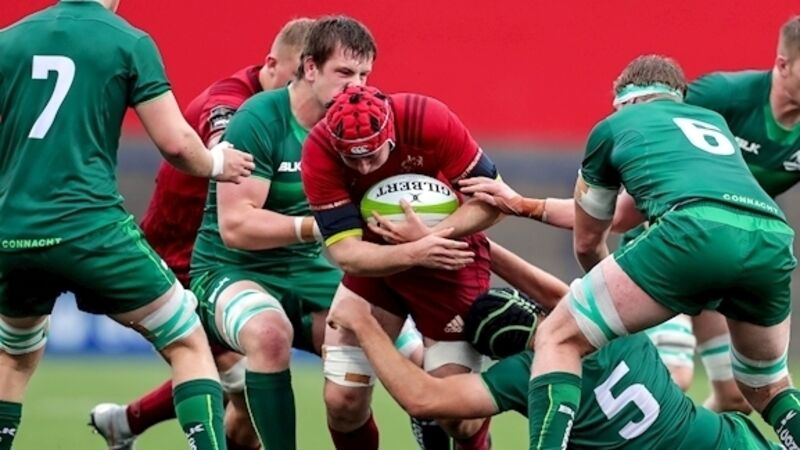Celtic Cup ticks more development boxes

So far, so positive is the vibe for the new Celtic Cup as the eight-team Irish-Welsh development competition heads into its second round this weekend.
Designed to replace the British & Irish Cup, scrapped after English Championship clubs withdrew for 2018-19, the Celtic Cup got underway last weekend with a round of derbies on either side of the Irish Sea.















